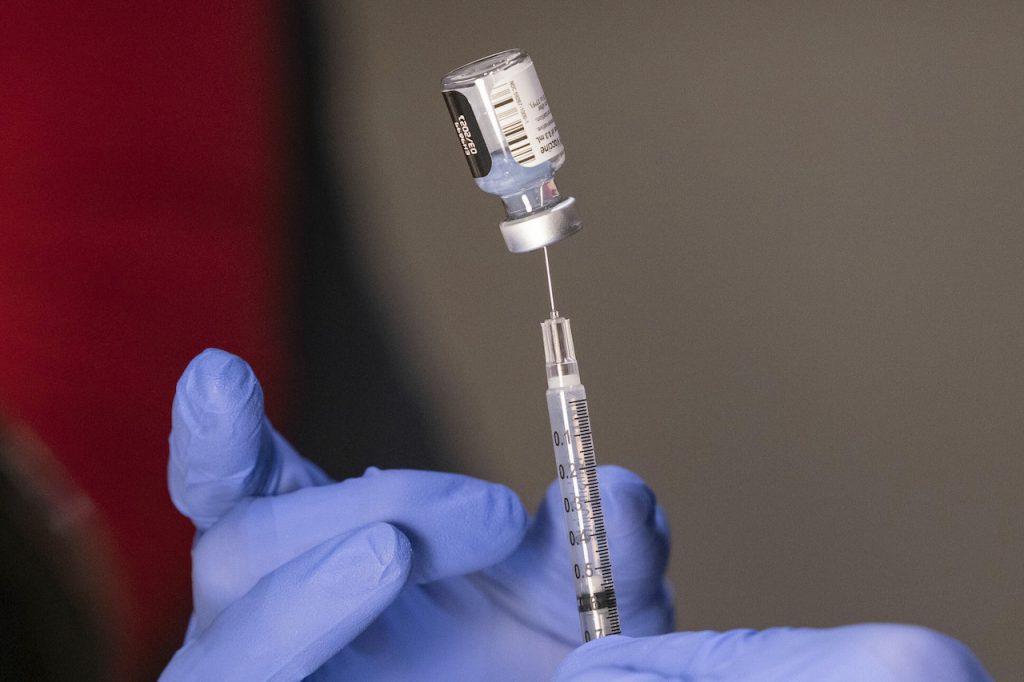Malaysia must get EU green light before Pfizer vaccines can be shipped
Only vaccines purchased under the Covax scheme are exempt from the EU's export curbs.
Malaysia must get authorisation from the European Union before it can get any of the Covid-19 vaccines scheduled for delivery by end-March, the EU’s top envoy to Malaysia said today, following new export controls on vaccines produced in the bloc to address a supply shortage in member states.
Michalis Rokas, ambassador of the EU delegation to Malaysia, said only vaccines purchased under the Covax scheme, which Malaysia is a part of, are exempt from the export curbs.
“Only vaccines purchased outside the Covax scheme from producers in the European Union for delivery before the end of March 2021 require an export authorisation,” he said in a statement.
This means the Pfizer vaccines ordered by Malaysia will need the EU’s green light before they can be delivered.
Malaysia is supposed to get the Pfizer vaccines, its first batch for the government’s massive Covid-19 inoculation drive, by end of this month.
“This is not an export ban, but a mechanism to have transparency over where vaccines made by companies with whom the EU has signed a contract are going,” the EU statement added.
It assured transparency in the authorisation process, adding that it would be “conducted in a speedy manner to avoid unnecessary delays”.
“In particular, exports to third countries, including Malaysia, under existing Advance Purchase Agreements (APAs), will be safeguarded to the largest extent feasible.
“The EU is mindful of Advanced Purchase Authorisations contracted by Malaysia, and will endeavour to ensure that Malaysia’s expectations to obtain its deliveries will be met,” Rokas added.
The EU’s measures will see its 27 member states prioritised for the vaccines, on the back of criticism over its slow pace of vaccination.
The EU blamed this on delivery shortfalls from UK-Swedish drug-maker AstraZeneca which, in turn, blamed it on production glitches at plants in the Netherlands and Belgium.
Malaysia is among 190 economies which have signed the Covax agreement, which is supported among others by The Vaccine Alliance (Gavi) and the World Health Organization (WHO).
The EU previously said that the export restriction to Covax partners would not apply to 92 low and middle-income economies, a category Malaysia is not part of.
Besides Pfizer, Malaysia has also ordered vaccines from AstraZeneca.
The 19.2 million doses from the two vaccines are expected to cover 30% of the population.
They are among five vaccine producers from which Malaysia has sourced at a total price of over RM2 billion, enough to inoculate more than 80% of the population and achieve herd immunity.
Three other vaccine producers are Sinovac and CanSino (China) and Gamaleya (Russia), totalling 23.9 million doses under various regiments.
Subscribe to our newsletter
To be updated with all the latest news and analyses daily.
